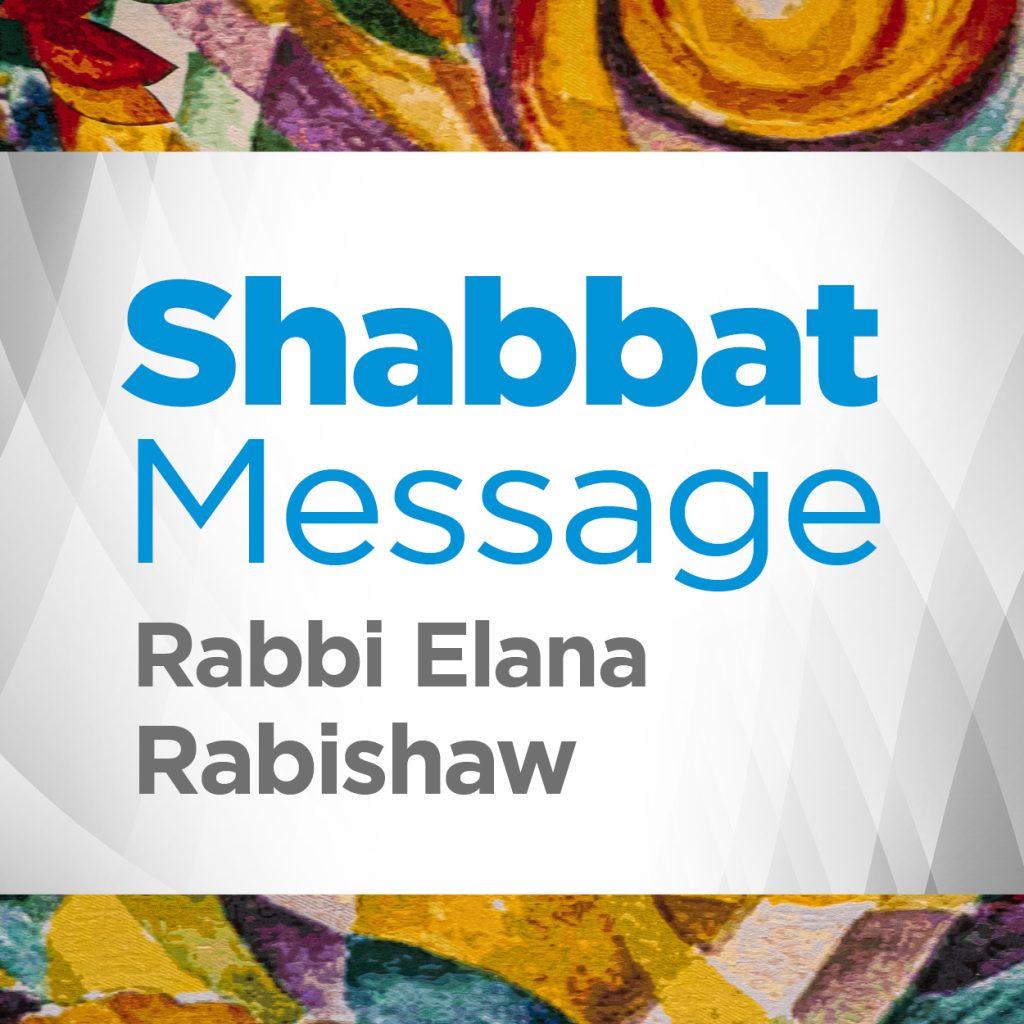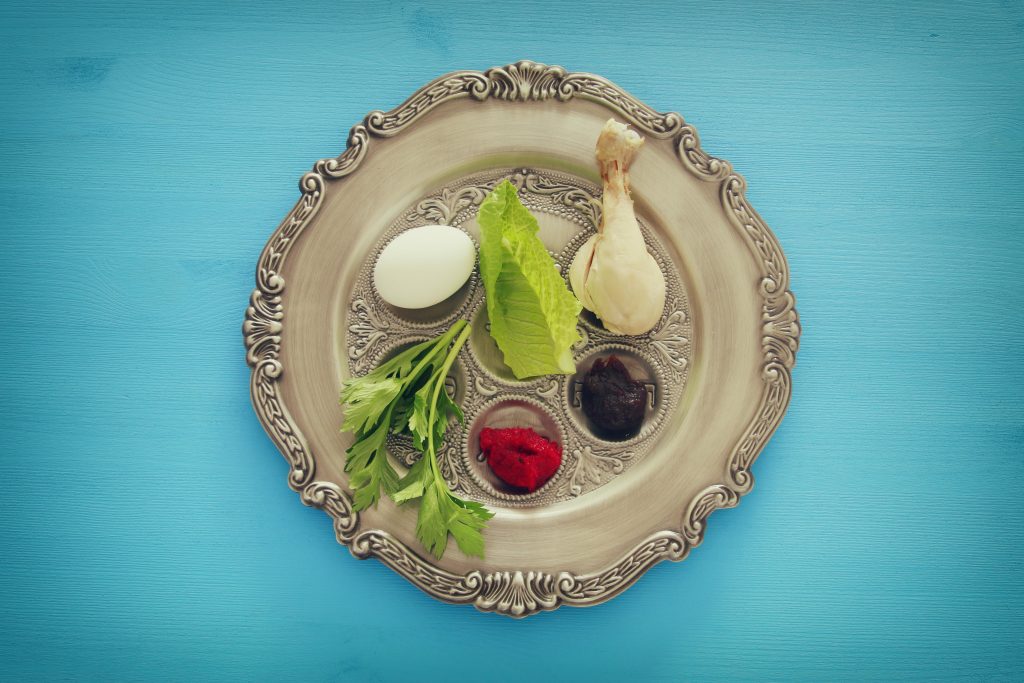In 2019, Marie Kondo became a sensation when she appeared on Netflix and taught people how to clean their homes and declutter their lives. She demonstrated the most perfect ways to fold articles of clothing, and encouraged individuals to only keep things that “sparked joy.” Her closets and drawers were inspirational. How much better could life be with perfectly folded shirts and without clutter?
And then, Marie Kondo had her third child. Life was busy, and “external tidying took a backseat in her life,” and that “tidying up means dealing with all the ‘things’ in your life… so, what do you really want to put in order?”
Rabbi Karyn Kedar teaches us that “the decision to step onto the path creates a problem. Which way do we turn? And with every voice, there are so many possibilities, and for every possibility, there are so many consequences. It can be maddening.”
Discernment is internal tidying. Author Ruth Haley Barton defines discernment as, “an ever-increasing capacity to ‘see’ the work of God in the midst of the human situation.” For some, discernment might be searching for what speaks to you, or trying to find God in an answer. For others, it might be your gut that consciously helps you select the best option from a sea of possibilities. Regardless of how, discernment is using the heart to find answers, rather than just the mind. While the limitless options might be maddening and messy, being open to discernment can bring organized thoughts, clarity, and peace.
This Shabbat, we read some of the dietary laws that serve as the foundation to Kashrut practices. Chapter eleven of Leviticus explains what land animals are suitable to be eaten. Animals with split hooves that also chew their cud are suitable to eat, except for when they are not– like camels.
Twelfth century rabbi and philosopher, Maimonides explains that “It is a mitzvah to discern the distinguishing marks of animals that are allowed and forbidden to eat — whether cattle, game, birds, fish and locusts, because it establishes the differences between the unclean and the clean and the living thing that can be eaten and the living thing that cannot be eaten.”
In the twenty-first century, there is agricultural technology that arguably might be a more ethical, clean, and practical way to be mindful of the animals that we eat. Yet, many still look to the laws that stem from Leviticus for guidance. Others find meaning in vegetarianism, the Fair Trade Food, or learning the difference between farm-raised and freshly caught fish. We just concluded the festival of Passover, which adds another layer to how we think about what we eat. Reform Judaism celebrates the idea of choice through knowledge. In any model of conscious eating, there is discernment, decision that is guided by the heart in addition to the mind.
Rabbi Kedar explains that, “like the farmer separates wheat from stalk and grain from chaff, a discerning heart examines, searches, sorts, and sifts. Living well is a process; it takes refinement and practice.”
It is okay to change your eating habits. Maybe you kept kosher at one point and now you do not. Discernment allows each of us to go into our souls and reflect. We are empowered to go through a process of internal tidying, keeping habits, behaviors, and thoughts that suit us, and discarding who we might not be anymore.
Or perhaps, we are like Marie Kondo who recently said, “my home is messy, but the way I am spending my time is the right way for me at this time at this stage of my life.” Sometimes, discernment can mean that our minds are messy so that our hearts can be full. However you sort and discern today only needs to work for you in this moment, to self-actualize who you are and who you want to be today.
Shabbat Shalom,









